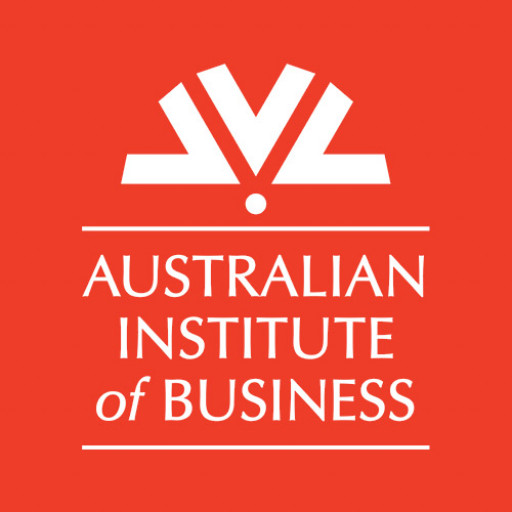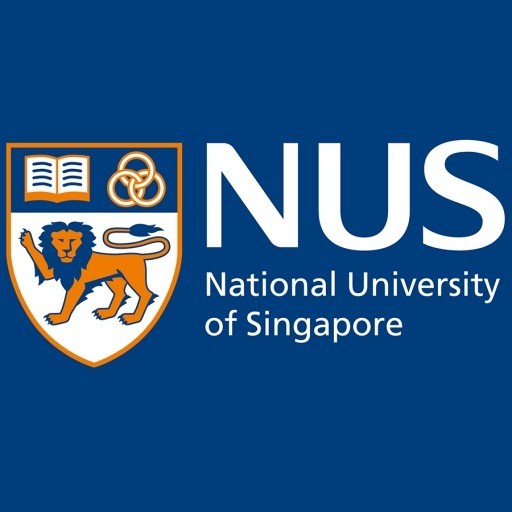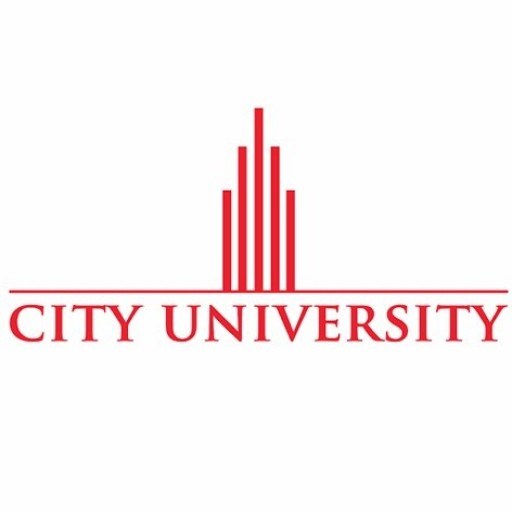Photos of university / #cambridgeuniversity
Criticism and Culture at the University of Cambridge offers a comprehensive exploration of contemporary and historical practices in the analysis, interpretation, and dissemination of cultural texts and phenomena. This program provides students with a multidisciplinary approach, integrating theories from literature, philosophy, visual arts, media studies, and cultural history to foster a deep understanding of how culture shapes and reflects societal values, identities, and power structures. Through a combination of lectures, seminars, and independent research, students examine a wide range of cultural artifacts, from classical texts to modern multimedia works, engaging critically with their contexts and significance. Emphasizing analytical skills and close textual analysis, the course encourages students to develop original perspectives on cultural issues, supported by rigorous methodological training. The curriculum covers key topics such as socio-cultural theory, literary criticism, media analysis, visual culture, and the history of ideas, enabling graduates to pursue careers in academia, journalism, arts management, cultural policy, and beyond. With access to Cambridge’s extensive resources, including historic libraries, archives, and collections, students are equipped to undertake advanced research projects and contribute to scholarly debates in the fields of criticism and cultural studies. The program aims to cultivate intellectual curiosity, critical thinking, and effective communication, preparing graduates to engage thoughtfully with the cultural challenges of the modern world.
| One to one supervision |
Approximately 8 hours per year. The University of Cambridge publishes an annual Code of Practice which sets out the University's expectations regarding supervision |
|---|
Feedback
In addition to supervision meetings each student should also receive a supervision report at the end of each term via the online Cambridge Graduate Supervision Reporting System.
Assessment
Thesis
Submission of an 80,000 word dissertation and an examination, conducted orally, on the subject of the dissertation.
- Magistr (Master's Degree) at Pass level. Diploma Specialista (completed post-1991) with a minimum overall grade of good or 4/5 Bachelor's from Moscow Institute of Physics and Technology and other prestigious institutions with an overall grade of 4/5 Bologna Bachelor's from other institutions with an overall grade of 5/5, Excellent
- Diploma Specialista (completed post-1991) with a minimum overall grade of Excellent or 5/5 Bachelor's from Moscow Institute of Physics and Technology and other prestigious institutions with an overall grade of 5/5
- IELTS (Academic) 7.5
- TOEFL Internet Score 110
- £50 application fee
- First Academic Reference
- Second Academic Reference
- Transcript
- Sample of Work
- Research Proposal
- Personal Reference
The financing of the Criticism and Culture program at the University of Cambridge is primarily through a combination of tuition fees, scholarship opportunities, and financial support schemes offered by the university. Prospective students are encouraged to apply for various funding options to assist with costs associated with their studies. The university offers a range of scholarships specifically aimed at students pursuing postgraduate programs in the arts and humanities, including the Cambridge Trusts, which provide funding for international students, and College-based scholarships, which are awarded based on academic merit and financial need. Additionally, students may seek external funding from national or private sources, depending on their country of residence and personal circumstances.
Tuition fees vary depending on the student's nationality—generally higher for international students compared to UK nationals—and are reviewed annually. The university provides detailed information on fee structures, including the possibility of deferred payments and installment options to help manage financial burdens over the course of the program. Students are also advised to explore funding provided by cultural institutions, arts organizations, and government agencies that support studies in criticism and cultural analysis.
For students enrolled in the program, it is recommended to contact the university’s financial aid office early in the application process to identify suitable funding streams. The university also offers guidance on applying for bursaries, grants, and loans available through both university channels and external organizations. Due to the nature of the Criticism and Culture program, many students may also access research grants for specific projects, conference travel, and publication subsidies, which aid in supplementing their income and academic activities. Overall, students are encouraged to plan their finances carefully and apply for all eligible funding opportunities to ensure a smooth and financially sustainable academic experience at Cambridge.
Criticism and Culture at the University of Cambridge offers an interdisciplinary approach to understanding the ways in which culture and criticism interact within various artistic, literary, and media contexts. This program is designed for students who have a keen interest in exploring complex cultural phenomena through critical theory, historical analysis, and philosophical inquiry. The curriculum combines a wide array of modules covering literature, art, film, media, and performance, enabling students to develop a comprehensive understanding of cultural criticism from multiple perspectives. Emphasizing critical thinking, analytical skills, and theoretical knowledge, the program encourages students to engage deeply with texts and cultural artefacts, fostering interpretative skills vital for careers in media, arts, academia, and cultural policy. Throughout the course, students are encouraged to participate in seminars, workshops, and research projects that promote active learning and intellectual engagement. The faculty comprises renowned experts in the fields of cultural theory, literary criticism, art history, and media studies, providing students with access to cutting-edge research and diverse viewpoints. The program prepares graduates to think critically about contemporary cultural issues, analyze the socio-political dimensions of artistic expressions, and contribute meaningfully to debates on culture and criticism. Students benefit from Cambridge’s rich academic environment, which includes access to extensive libraries, exhibitions, and collaborations with arts and cultural institutions. Admission requirements typically include a strong academic record in relevant subjects, and applicants are encouraged to demonstrate their interest in cultural criticism through personal statements and relevant experience. Overall, the Criticism and Culture program at Cambridge aims to cultivate informed, articulate, and critically-minded individuals ready to make meaningful contributions in various cultural and intellectual domains.










